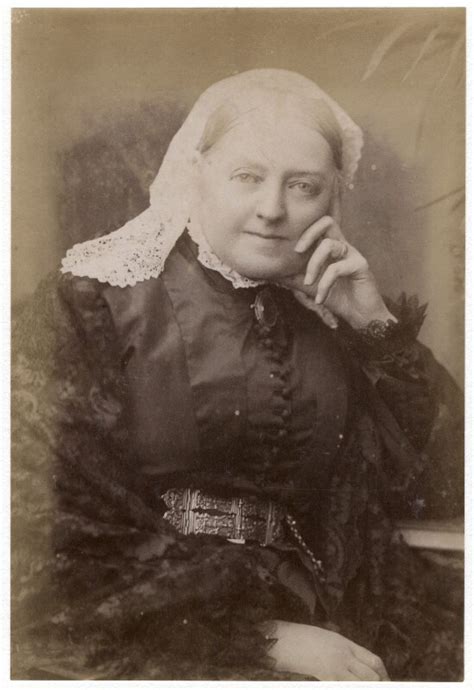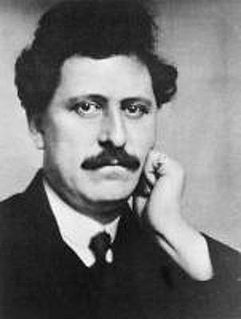A Quote by Charles Dickens
Ah, Miss Harriet, it would do us no harm to remember oftener than we do, that vices are sometimes only virtues carried to excess!
Related Quotes
According to Solomon, life and death are in the power of the tongue; and as Euripides truly affirmeth, every unbridled tongue in the end shall find itself unfortunate; for in all that ever I observed in the course of worldly things, I ever found that men's fortunes are oftener made by their tongues than by their virtues, and more men's fortunes overthrown thereby, also, than by their vices.
The modern world is not evil; in some ways the modern world is far too good. It is full of wild and wasted virtues. When a religious scheme is shattered (as Christianity was shattered at the Reformation), it is not merely the vices that are let loose. The vices are, indeed, let loose, and they wander and do damage. But the virtues are let loose also; and the virtues wander more wildly, and the virtues do more terrible damage. The modern world is full of the old Christian virtues gone mad. The virtues have gone mad because they have been isolated from each other and are wandering alone.
About the greatest virtue a friend can have, is to be able to hold her tongue; and through this, like all virtues carried to extremity, may grow into a fault, and do great harm, still, it never can do so much harm as that horrible laxity and profligacy of speech which is a the root of half the quarrels, cruelties, and injustices of the world.
Then it's settled," Harriet said. "We shall work out the smaller roles later.""What about you?" Elizabeth demanded."Oh, I'm going to be the goddess of the sun and moon.""The tale gets stranger and stranger," Daniel said."Just wait until act seven," Miss Wynter told him."Seven?" His head snapped up. "There are seven acts?""Twelve," Harriet corrected, "but don't worry, you're in only eleven of them. Now then, Miss Wynter, when do you propose that we begin our rehearsals? And may we do so out of doors? There is a clearing by the gazebo that would be ideal.
I believe that God will help us to forget things, the memory of which would do us harm, or rather that He will enable us to remember only so much of them as will be for our good, and we, ourselves, not emotionally overwhelmed. The pain endured. The lesson learned. Let it now be forgotten! Face the future with courage, cheerfulness, and hope. Give God the chance and He will make you forget all that it would be harmful to remember.




































